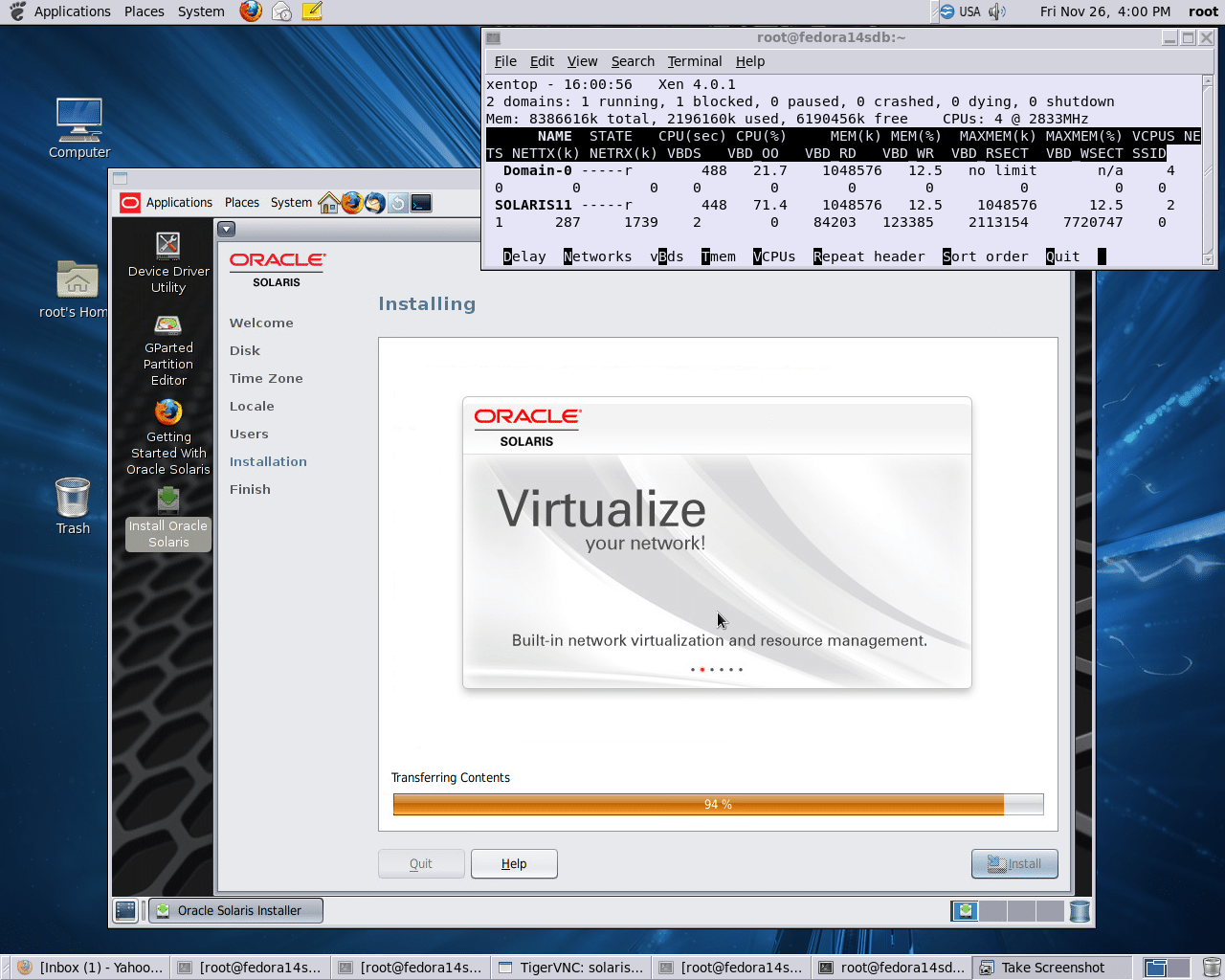In todays world, Linux is more famous than Unix but Unix has its own users.
In this article, we look at the key difference between the two operating systems.
Table Of Contents
What is the difference between UNIX and LINUX operating systems?

Unix Operating System
Unix is a proprietary software operating system.
Unix is not free.
Different flavors of Unix have different cost structures according to vendors.

Unix is not as flexible as Linux.
It has less compatibility with different types of hardware.
Unix installation requires a strict and well-defined hardware machinery and works only on specific CPU machines.

Since Unix OS is not a freeware and therefore its source code is not available.
You cannot modify and sell your version of Unix therefore.
It is mostly used in big data servers around the world.

Unix comparatively supports very fewer Filesystems.
There are comparatively less distributions or versions of Unix operating systems.
Unix is being developed, maintained and updated by AT&T developers.

They dont encourage open source developments.
Linux is an open source operating system based on Unix.
Linux is basically the name of the Kernel and was developed in 1991.
The Linux kernel is developed by the community and Linus Torvalds oversees things.
Linux comes with KDE and Gnome as its GUI environment.
The Command Line Interface is optional in Linux.
Linux can be freely distributed, downloaded freely, distributed through magazines, Books etc.
There are priced distros for Linux like Red Hat Linux also, but they are normally cheaper than Windows.
Linux is a very flexible operating system and is compatible with most hardware systems.
Linux OS can be installed and executed on almost anything that has a processor.
Linux OS is an open source OS, its source code is available for free.
you’ve got the option to, therefore, read, modify and implement it on your machine.
However, you cannot sell it as it comes under the GNU GPL License.
Linux is highly scalable and supports a really large set of file systems.
There are comparatively more distributions or versions of Linux operating systems.
The distributions available for Linux are as follows:
The Linux Kernel was created by Linux Torvalds in 1990s.
However, the complete OS with GNU GPL license also had a huge contribution by Richard Stallman.
The LINUX kernel was released on 17th September 1991.
The Linux OS mainly focused on home-based PCs and laptops.
The developments in Linux are contributed by a community of developers worldwide without any cost.
BASH (Bourne Again Shell) is the Linux default shell.
It can support multiple command interpreters.
Linux is considered to be very secure.
Linux has had about 60-100 viruses listed till date, however, none of them actively spreading nowadays.
Linux was originally developed for Intels x86 hardware.
However, now the ports are available for over two dozen CPU types including ARM.
Linux also has a much faster rate of development than Solaris.
There are also several other differences between them, but this can occur even among different Linux distributions.
For example, they use different package managers, different default file systems, and more.
But there are some circumstances where UNIX is the obvious choice or used to be.
UNIX was far more capable in handling all the processes more effectively than Linux.
However since 2004 more of the worlds biggest supercomputers now run Linux than Unix.
Since 2011 Linux powers over 90% of the top 500 servers.
source: www.techworm.net